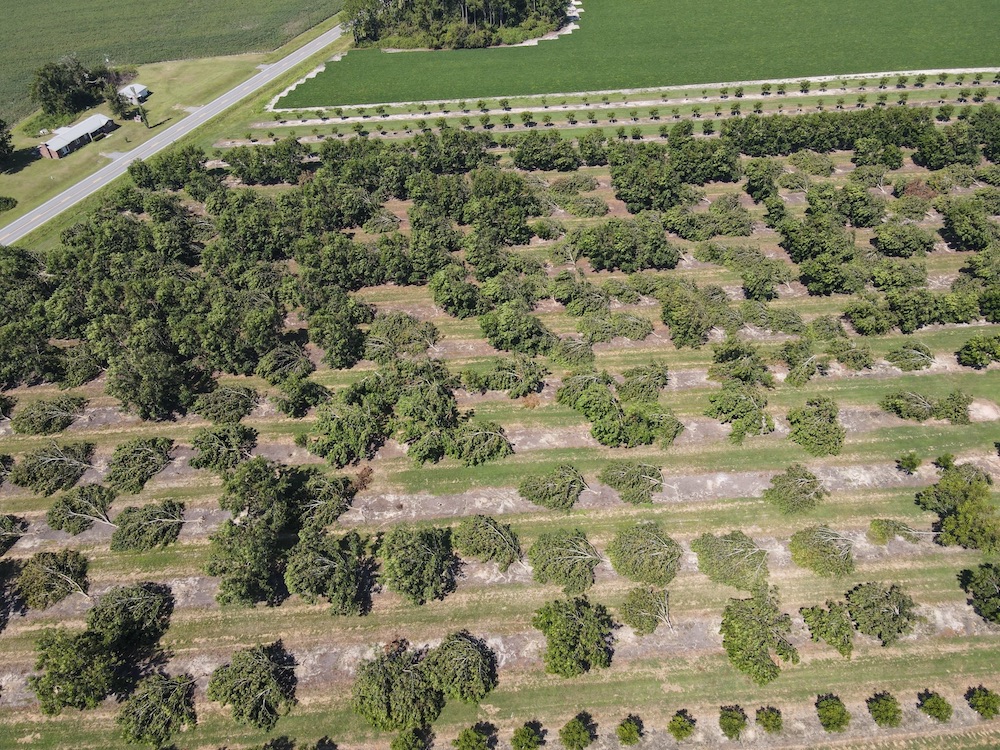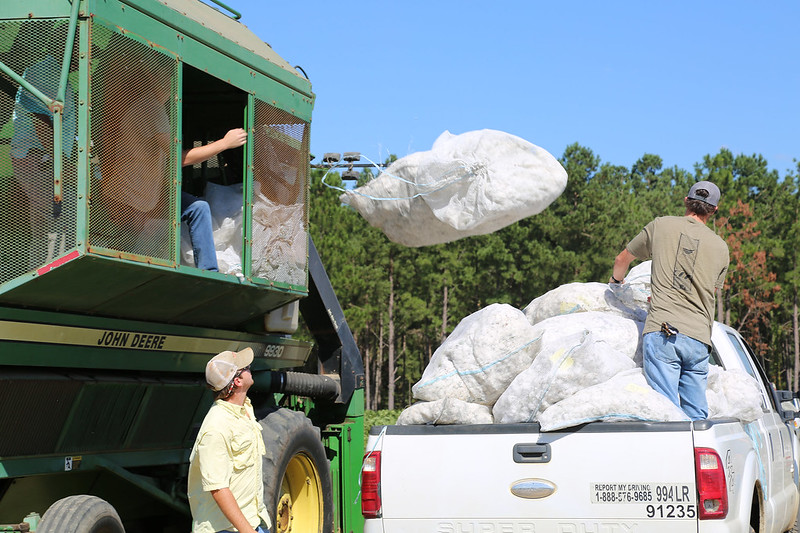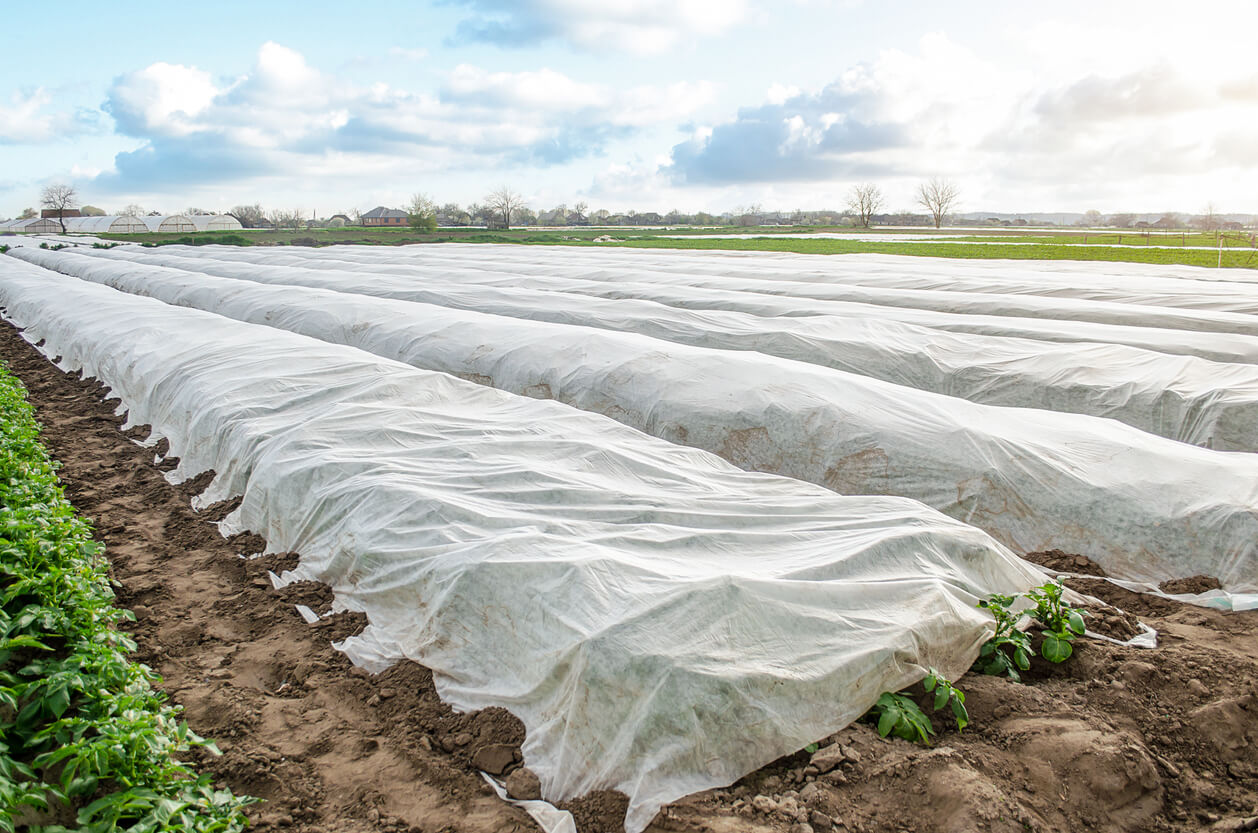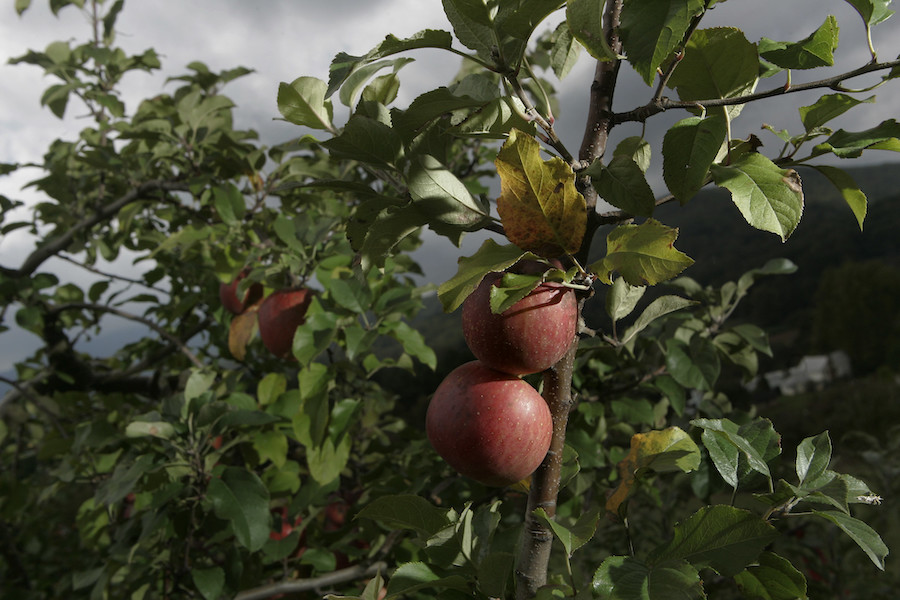Georgia’s spring weather this year will be the tale of two seasons: The most likely scenario is cooler and wetter than normal early on, becoming hotter and drier leading into summer.
Climatological spring started March 1. March is historically the wettest month in Georgia. Many locations can expect 5 inches of rain or more this month. Heavy snowfall across the northern half of Georgia during March isn’t uncommon. Ice storms remain a threat.
Because of the expected below-normal temperatures, high heating demand for buildings will likely continue through this month and into April.
For the Coastal Plain, there is a high probability that this region will receive above-normal rainfall through early spring. This means the risk for flooding across south Georgia will remain high. Agricultural fields will be slow to dry for spring field work.
In general, there is a good probability that rainfall will be near normal across the Piedmont around Athens and Atlanta. But wetter conditions are expected in the southern Piedmont. Across the mountains, there is a good probability that early spring will be drier than normal.
By late spring, it is likely rainfall will be below normal statewide. May is traditionally one of the driest months.
Late spring should be warmer
Temperatures will likely become warmer than normal by late spring. With less rain, temperatures in the 80s and increased water demand by plants, soils can dry out very quickly in May.
Spring is a transition season. Severe weather is more likely during the spring.
Tune in radios, view Web sites
While tornadoes can occur in any month in Georgia, they are most common in spring. Since tornadoes in Georgia often occur at night, a National Oceanic and Atmospheric Administration weather radio with a warning alarm is essential for home and workplace safety. NOAA radios can be purchased at many electronic, grocery or department stores.
Up-to-date weather information is available at the University of Georgia Automated Weather Station Network Web site www.georgiaweather.net. Historical data is available at the Georgia State Climatology Office Web site climate.engr.uga.edu.







.jpg)